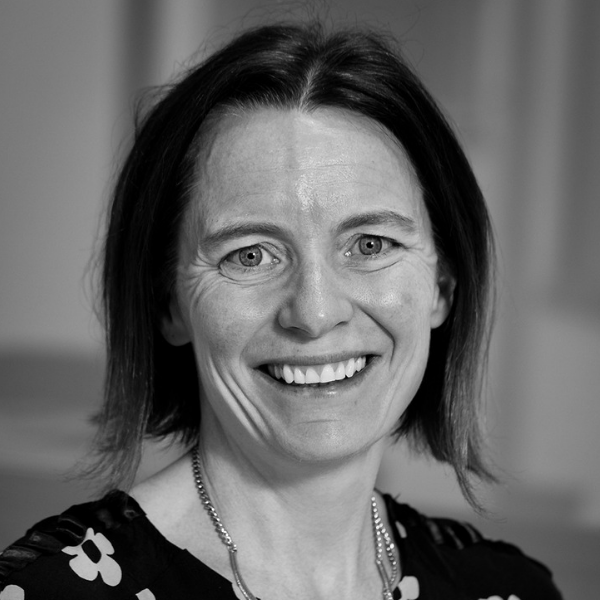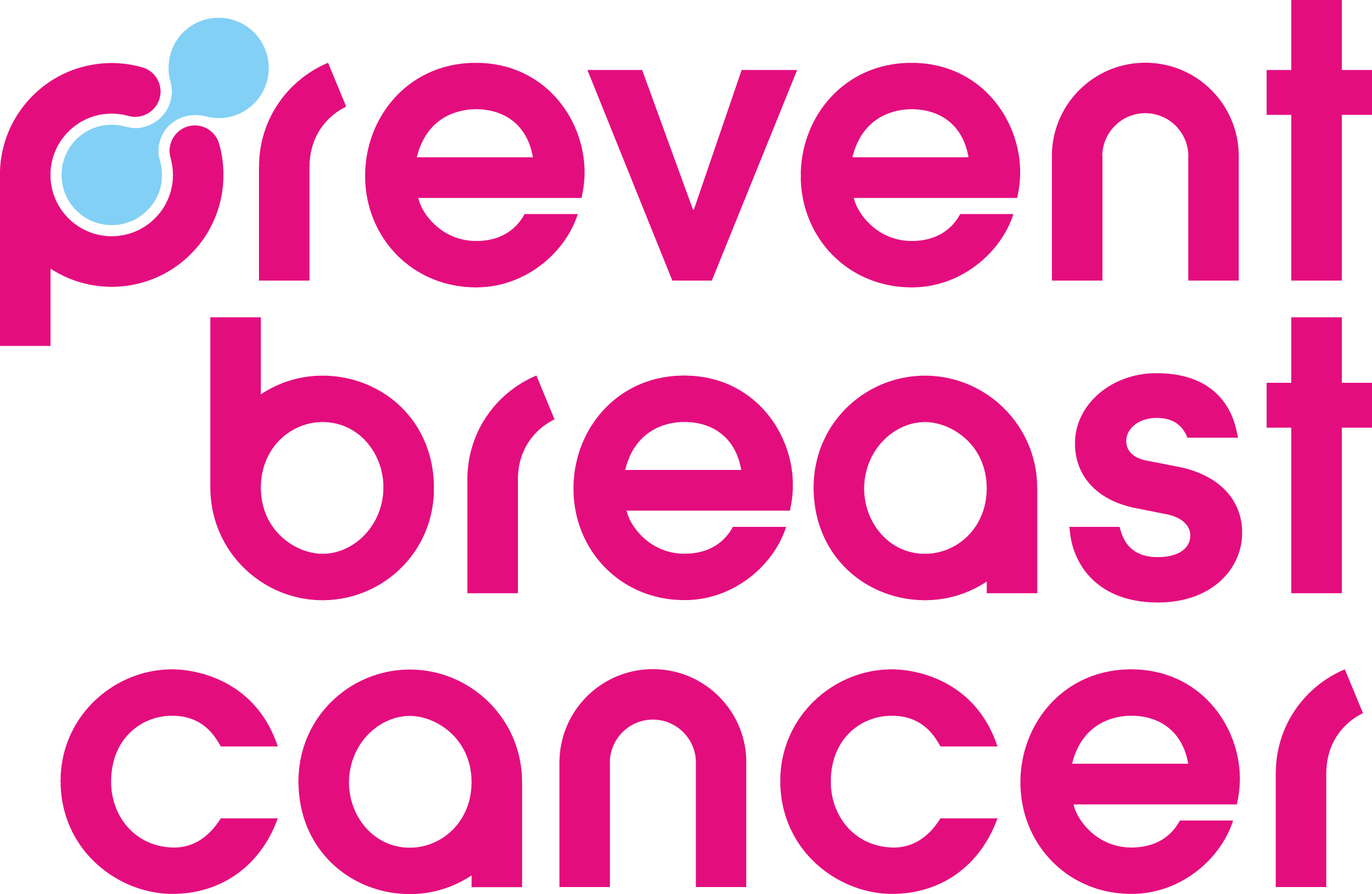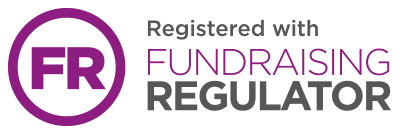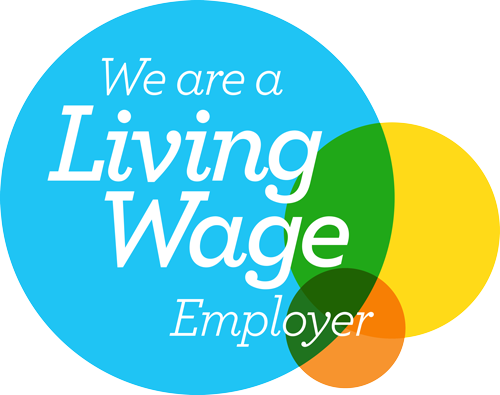Professor Cliona Kirwan is a key member of the Prevent Breast Cancer team. As well as conducting her own research, Cliona is a Consultant Breast Surgeon, chairs our scientific advisory board and is also a member of our medical advisory board.
At Breastfest Manchester 2019, we managed to squeeze in five minutes to talk to Cliona about her research and the risk factors associated with breast cancer. Here’s what she told us.
Great to speak to you today, Cliona. Firstly, it would be great to hear about your relationship with Prevent Breast Cancer.
I used to work at Wythenshawe Hospital as a trainee and it was there that I saw the work that Prevent Breast Cancer were doing. Their work is incredible and they were kind enough to fund some of my research into breast cancer and blood clotting.
I focused on this particular area as we have known for a long time that cancer patients have an increased risk of getting blood clots, deep vein thrombosis and pulmonary embolisms. There’s also evidence to say those cancer patients who get blood clots suffer worse from their cancer.
How far along is your research into blood clotting and breast cancer?
It’s in the very early stages.
Currently, we’re growing cells from breast cancers taken from patients having surgery and analysing them in the laboratory to see how much clotting they cause. We are then studying breast cancer patients by giving them anti-clotting drugs for just two weeks. The aim is to see if the tumour changes in response to that medication.
What are the main objectives you are hoping to achieve with this research?
Overarchingly we hope our research answers two questions: Can we measure clotting in breast cancers to measure how aggressive a cancer might be? And is there a potential role for anticoagulants to become anti-cancer medication?
As it stands, the prediction element of breast cancer is still progressing – but it has come a long way over the past few decades. Hopefully, our research at Prevent Breast Cancer can prevent breast cancer – or diagnose breast cancer earlier – by targeting those people at greatest risk of breast cancer. That will be a real game-changer for so many women and men around the world.
Are there any factors which increase the risk of breast factor?
Being female is the biggest risk factor. The next risk factor is having a strong family history, particularly if you have relatives who were diagnosed with breast cancer at a young age. Then there are lifestyle factors, such as being inactive, overweight or frequently drinking alcohol – these are also major factors. We are also becoming increasingly aware that high breast density can increase the risk of breast cancer.
What is breast density?
Breast density can only be seen on a mammogram (an X-ray of the breast). The image looks black and white; the dark areas are often fatty tissue, while the white areas are more glandular tissue (the milk ducts and supporting structures).
At the moment, breast density is measured by radiologists purely by making a judgement call. They analyse the mammogram and give a score of 1 to 4: 1 being very black and 4 being very white. It’s not a precise science. But the higher the density score, the greater the risk of breast cancer.
For instance, ladies with a score of 4 are six times more likely to develop breast cancer than the ladies with a score of 1.
How should women go about achieving good breast health?
Women should keep an eye out for any changes in their breasts, as they know their breasts best. They should look out for subtle changes in the curvature of their breasts, a nipple rash or swelling and redness of the breast as well as the more obvious signs of a lump or the nipple pulling in.
Along with being breast aware, is there anything people can do to prevent and reduce their risk of breast cancer?
Staying fit and healthy is important. Exercise and maintaining a healthy body weight reduces the risk of breast cancer. Also, current research suggests that if people were then to be diagnosed with breast cancer, they would be able to tolerate treatment much better.
For instance, it is often very challenging to do surgery on someone who is greatly overweight. During the procedure, they’re at higher risk of wound infection and wound breakdown.
Fit and healthy patients also tolerate chemotherapy better, if it’s needed. Then, in terms of recovery, being in great shape will reduce the chance of breast cancer coming back.
The idea that you can potentially reduce your risk of breast cancer with a few simple changes I’m sure is incredibly reassuring for many women. With this in mind, what is the main message you’d like to get across to women who are perhaps concerned about breast cancer?
You have to be ‘breast aware’. If you spot changes in your own breasts, go and see your doctor. If you receive a screening invitation, accept it and go. Then, talk to your loved ones and make sure they’re breast aware and going for their regular screenings. Getting the word around is so simple, but so important. Let’s keep the conversation going!
About Prevent Breast Cancer
Prevent Breast Cancer is the only UK charity entirely dedicated to the prediction and prevention of breast cancer – we’re committed to freeing the world from the disease altogether. Unlike many cancer charities, we’re focused on preventing, rather than curing. Promoting early diagnosis, screening and lifestyle changes, we believe we can stop the problem before it starts. And being situated at the only breast cancer prevention centre in the UK, we’re right at the front-line in the fight against the disease. Join us today and help us create a future free from breast cancer. If you have any questions or concerns, email us today.




